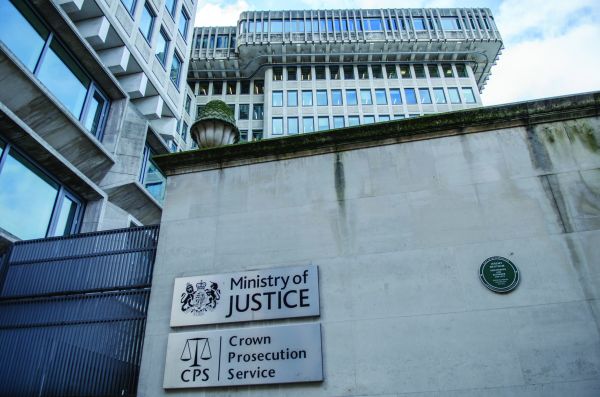
Superficially, legally enforceable rights and/or minimum standards for ‘victims’ being served by the Criminal Justice System seem laudable. However, it is worth remembering that a major part of the function of the Criminal Justice System is to determine whether there is a ‘victim’ at all and, if so, who it is.
In a case of proven burglary, there is an identifiable ‘victim’. However, where an allegation of rape is made and consent is asserted by the accused, the person making the allegation remains a ‘complainant’ until and unless the defendant admits guilt, or a jury convict. Only then does the ‘complainant’ become a proven ‘victim’. In this case the issue is whether a crime actually occurred at all. To put it another way, is the complainant the victim of rape, or is the accused the victim of a false allegation? To answer those questions, a fair









